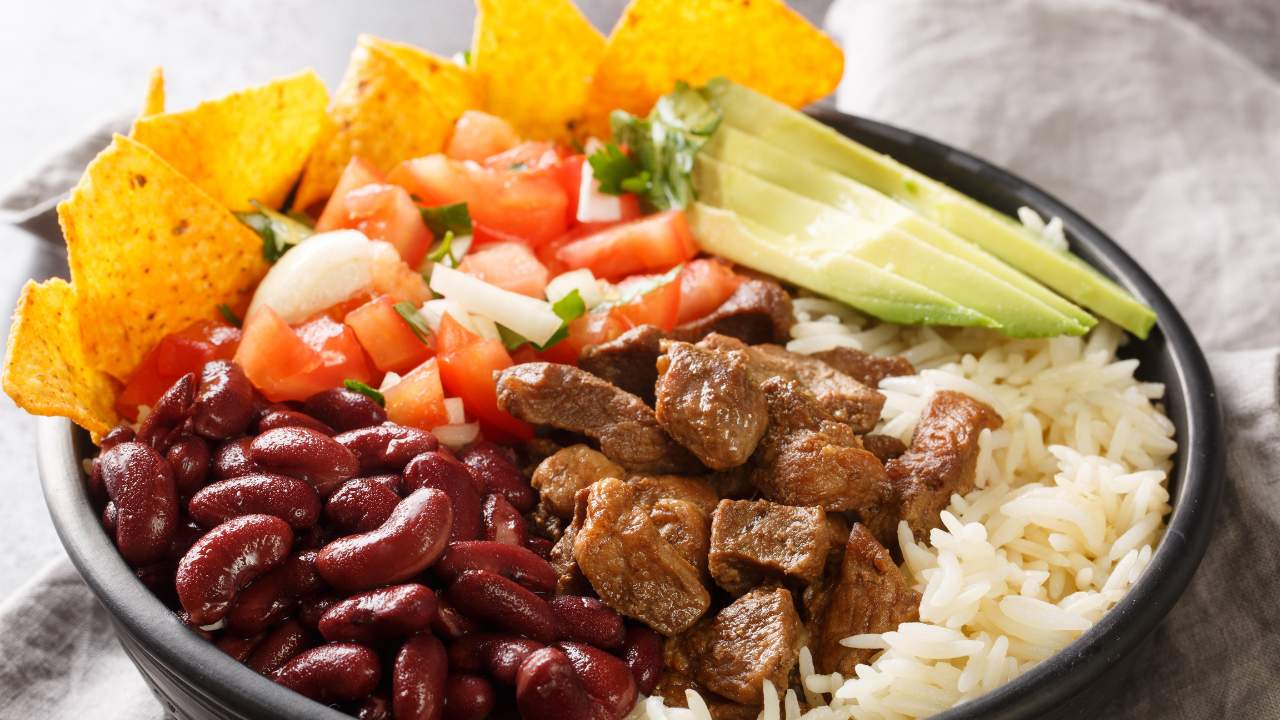When it comes to bread, many people wonder about the nutritional value of their daily staple. Haitian bread, a beloved part of Haiti’s culinary culture, has caught the attention of health-conscious individuals worldwide. But is Haitian bread healthy? Let’s explore its ingredients, nutritional profile, and how it fits into a balanced diet.
Understanding Haitian Bread
Haitian bread, known as “pain haïtien,” is a traditional bread that comes in various forms, including hard bread (pain dur) and soft bread (pain mou). It is made primarily from wheat flour, water, yeast, and salt. Some variations may include sugar or butter to enhance the flavor and texture. Its simplicity in ingredients makes it versatile and suitable for a wide range of meals, from breakfast to dinner.
Nutritional Profile of Haitian Bread
The nutritional value of Haitian bread largely depends on the specific recipe and ingredients used. Here is a general breakdown of its key components:
- Carbohydrates: As a wheat-based bread, Haitian bread is rich in carbohydrates, which provide energy. However, excessive consumption may lead to weight gain if not balanced with physical activity.
- Protein: Haitian bread offers a moderate amount of protein, mainly derived from wheat flour. Adding spreads like peanut butter or pairing it with eggs can boost its protein content.
- Fats: Traditional recipes often have low fat content. If sugar or butter is added, the fat and calorie content increases.
- Fiber: Depending on the type of flour used, Haitian bread may contain some dietary fiber. However, refined flour bread has lower fiber content compared to whole-grain alternatives.
- Micronutrients: The bread contains small amounts of vitamins and minerals, such as iron and B vitamins, especially if fortified flour is used.
Is Haitian Bread Healthy?
The answer depends on how and how much you consume it. Haitian bread, when eaten in moderation, can be part of a healthy diet. Its simplicity makes it a better choice than highly processed breads loaded with preservatives. However, there are a few considerations:
- Portion Control: Overeating any bread, including Haitian bread, can lead to an excessive intake of calories and carbohydrates.
- Add-ons Matter: Healthy toppings or pairings like avocado, lean proteins, or vegetables can make it more balanced.
- Whole-Grain Alternatives: Choosing Haitian bread made with whole-grain flour instead of refined flour increases fiber and nutrient content, promoting better digestive health.
Tips for Healthier Consumption
- Opt for Homemade Versions: Homemade Haitian bread allows you to control ingredients like sugar, salt, and fat.
- Pair Wisely: Combine it with nutrient-dense foods to balance your meal.
- Moderate Sugar and Butter Additions: Avoid overindulging in sugar-laden or buttery versions for better overall health.
Frequently Asked Questions
Q: Can I eat Haitian bread if I’m trying to lose weight?
A: Yes, but moderation is key. Opt for smaller portions and pair it with high-protein, low-calorie foods like grilled chicken or a salad.
Q: Is Haitian bread gluten-free?
A: No, traditional Haitian bread is made from wheat flour, which contains gluten. However, gluten-free alternatives can be made using substitutes like almond or coconut flour.
Q: Is Haitian bread suitable for diabetics?
A: Diabetics should consume it sparingly and opt for whole-grain versions if available. Pairing it with fiber-rich or protein-rich foods can help stabilize blood sugar levels.
Conclusion
Haitian bread holds a special place in the hearts of those who enjoy its unique taste and cultural significance. Its simple ingredients make it a relatively wholesome option compared to highly processed breads. While it is not inherently unhealthy, how you incorporate it into your diet plays a significant role in its health impact.
For those looking to maintain or improve their health, moderation is key. Opting for homemade or whole-grain variations can provide additional nutrients and fiber, supporting better digestion and overall health. Pair Haitian bread with nutrient-dense foods like fresh vegetables, lean proteins, or healthy fats to create a balanced meal that satisfies your taste buds and nutritional needs.
Ultimately, Haitian bread is as healthy as the choices you make around it. By practicing portion control and combining it with a well-rounded diet, you can enjoy its delightful flavor without compromising your health goals. Whether you’re savoring it as part of a traditional Haitian meal or incorporating it into your modern menu, Haitian bread can be both a delicious and nourishing choice.




